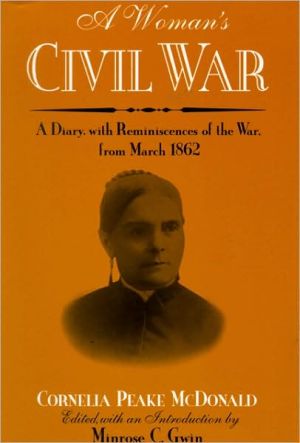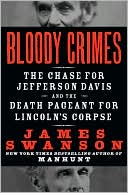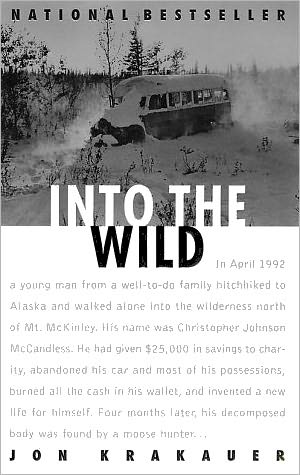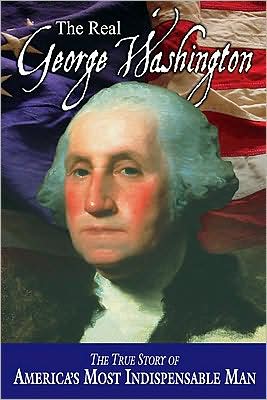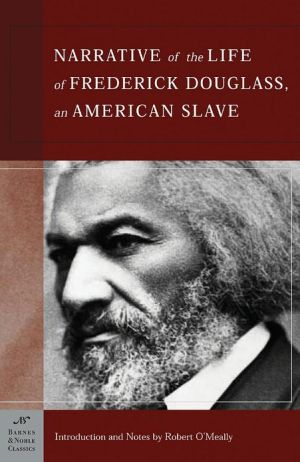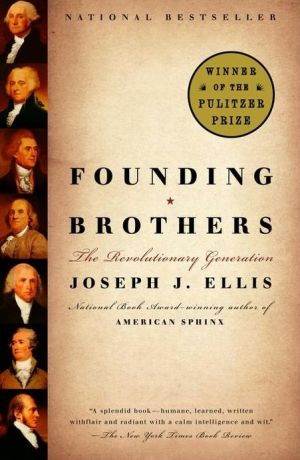Woman's Civil War: A Diary with Reminiscences of the War, from March 1862
On the night of March 11, 1862, as the heavy tramp of Confederate marching troops died away in the distance—her husband’s regiment among them—Cornelia Peake McDonald began her diary of events in war-torn Winchester, Virginia.\ McDonald’s story of the Civil War records a personal and distinctly female battle of her own—a southern woman’s lonely struggle in the midst of chaos to provide safety and shelter for herself and her children. For...
Search in google:
On the night of March 11, 1862, as the heavy tramp of Confederate marching troops died away in the distance—her husband’s regiment among them—Cornelia Peake McDonald began her diary of events in war-torn Winchester, Virginia. McDonald’s story of the Civil War records a personal and distinctly female battle of her own—a southern woman’s lonely struggle in the midst of chaos to provide safety and shelter for herself and her children. For McDonald, history is what happens “inside the house.” She relates the trauma that occurs when the safety of the home is disrupted and destroyed by the forces of war—when women and children are put out of their houses and have nowhere to go. Whether she is describing a Union soldier’s theft of her Christmas cakes, the discovery of a human foot in her garden, or the death of her baby daughter, McDonald’s story of the Civil War at home is compelling and disturbing. Her tremendous determination and unyielding spirit in the face of the final collapse of her world is testimony to a woman’s will to preserve her family and her own sense of purpose as a “rebel” against all that she regarded as tyrannical and brutal in war itself. Publishers Weekly At the urging of her husband, a Confederate Army soldier, McDonald began keeping a diary of life on the home front in Winchester, a town in northwestern Virginia. As Gwin, a professor of English at the University of New Mexico, points out in her thorough but academic introduction, this diary is a piece of domestic history, about the defense of family and household, unlike journals such as that of Mary Chestnut, which describe the public experience of the war. McDonald's daily entries can wax tedious to those who aren't buffs, but she writes with vigorous language and biblical cadences: ``I had a heart for sorrow, and it ached with a ceaseless pang for the country as well as for my own griefs.'' Her story spans numerous experiences: fighting to keep her house from being occupied by the invading Yankees; the death of her child; using a homemade, fast-burning ``Confederate candle'' for light; finding her husband's corpse. McDonald rewrote a lost portion of the diary after the war, also added recollections of the years before and after the war, and copied the journal eight times for her children. Photos not seen by PW. (June)
\ From the Publisher "[B]oth riveting eyewitness testimony and a story of courage in the face of chaos. Cornelia McDonald's story is a well-written, compelling tale of the Virginia home front in wartime."—Lynda Lasswell Crist, The Virginia Magazine\ \ \ \ \ Publishers Weekly - Publisher's Weekly\ At the urging of her husband, a Confederate Army soldier, McDonald began keeping a diary of life on the home front in Winchester, a town in northwestern Virginia. As Gwin, a professor of English at the University of New Mexico, points out in her thorough but academic introduction, this diary is a piece of domestic history, about the defense of family and household, unlike journals such as that of Mary Chestnut, which describe the public experience of the war. McDonald's daily entries can wax tedious to those who aren't buffs, but she writes with vigorous language and biblical cadences: ``I had a heart for sorrow, and it ached with a ceaseless pang for the country as well as for my own griefs.'' Her story spans numerous experiences: fighting to keep her house from being occupied by the invading Yankees; the death of her child; using a homemade, fast-burning ``Confederate candle'' for light; finding her husband's corpse. McDonald rewrote a lost portion of the diary after the war, also added recollections of the years before and after the war, and copied the journal eight times for her children. Photos not seen by PW. (June)\ \ \ Library JournalMcDonald kept a diary at the request of her husband, who wanted a reckoning of his family's life while he was off fighting. There was plenty to relate, since they lived in Winchester, Virginia, which was constantly occupied by troops. Covering both public and private activities, McDonald offers a refreshingly feminine perspective on an age heretofore described primarily by men. After she lost part of the diary while moving, she went back and reconstructed events, aided by an astonishing memory, then copied the entire volume by hand for each of her eight surviving children, so they would have a record of their heritage. This intriguing account of daily life during the chaos of the Civil War is recommended for all libraries on the basis of its unique historical content.-- Belinda J. Pugh, Kings Bay Base Lib., Ga.\ \ \ \ \ BooknewsMcDonald (1822-1909) made eight handwritten copies of her 500-page diary for her children. In 1935, her son published it in a large handsome volume with other family writings, which, like other women's writings, was placed in special collections of libraries and forgotten. The new edition is based on the handwritten copy, and is annotated to suit women's history rather than family archives. Her experience of the war was from inside her house in Winchester, Virginia, with the troops moving constantly outside. Indexed. Paper edition (unseen), $14.95. Annotation c. Book News, Inc., Portland, OR (booknews.com)\ \
